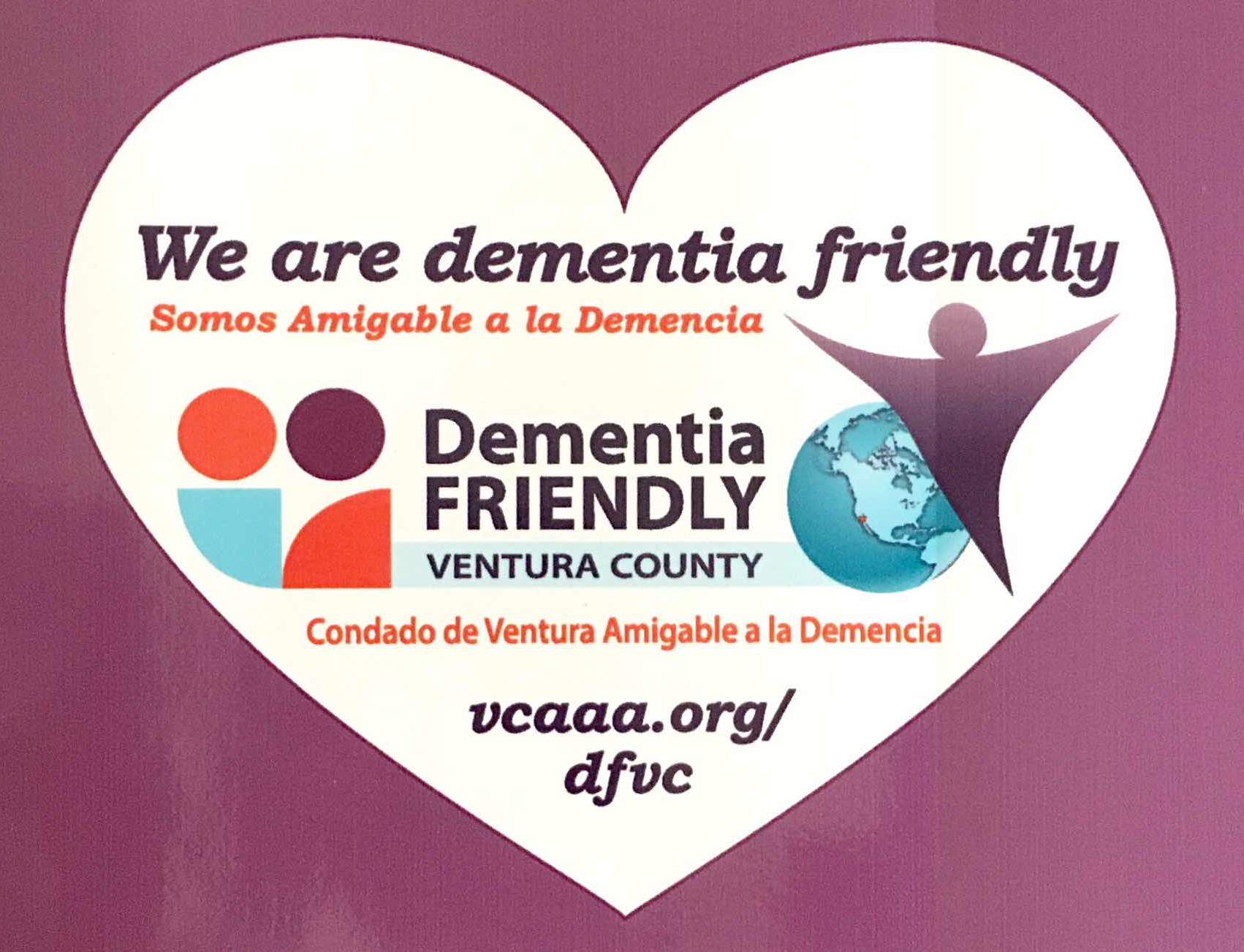When our loved ones need help, we want to know and connect them with someone who can offer them comfort and peace of mind while they are waiting for help. Thus, two-way voice communication is considered an important feature in high quality personal emergency response systems (PERS). Without it, the service is reduced to a relay service of lesser value. On the other hand, not every call center has operators that are proficient in speaking languages other than English, the primary language for the majority.
It may not be obvious that there is a significant number of older adults living in our community who speak very little English. In fact, according to the Report of the Asia Pacific National Center on Aging (DATA BRIEF, Vol 1, No.3), more than half of elderly Asian Americans (most of them in California) have limited English proficiency. A PERS service may not be able to meet their needs because of the language barrier. This situation is shared by other underserved communities as well. If this is a problem with the call centers, perhaps a service that does not require a call center should be considered.
Bay Alarm Medical, an emergency response service is also aware of the problem. It claims that their call center (by partnering with Language Line Service) can support over 170 languages to effectively communicate with their non-English or English-as-a-second-language clients. For these senior adults, a better solution to provide reassurance is to have their friends or family who know them well and speak the same language to contact them directly instead.
CareRinger and its automated reassurance system provides feelings of comfort and peace of mind to older adults and everyone involved. By answering their check-in calls at the time of their choosing, family and friends can be assured of their loved one’s well-being. There is no equipment to purchase to get started. The system automatically alerts their designated contact when they miss the calls to check-in. It’s a language-inclusive product.
For adults with difficulties using the phone service, it’s possible to check-in using other assistive means. All of them support independent living while addressing the language barrier and no call center is required. My 96 year-old mom has been using CareRinger for a number of years. A PERS device requiring her to respond to a call center agent in English or via a third-party language service is not an option for her.
About the author: Henry is a former-telecommunications professional, now attending to the needs of elderly people. For years, he has been teaching senior-friendly technologies in his local communities. He is an inventor and Founder of CareRinger, Inc., and holds patents on methods that apply to his service. He is currently a commissioner for the Council on Aging in the City of Thousand Oaks.

CareRinger is a Dementia-Friendly Organization
